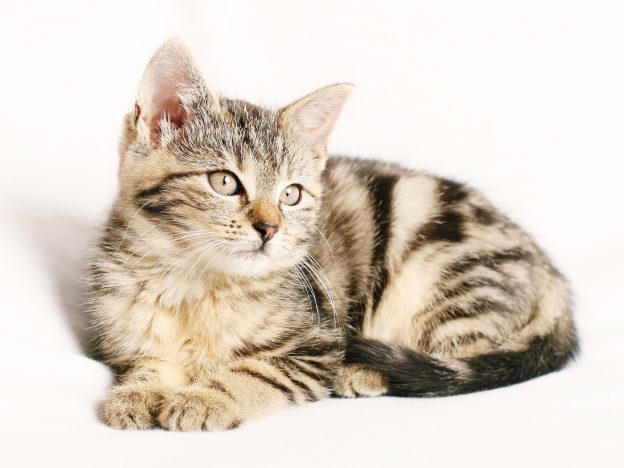
Mimi, cat – Rolling Skin Syndrome / feline hyperesthesia – Bioresonance
Mimi is an 11 year old cat and has been suffering from the so-called Rolling Skin Syndrome.
Most of the time it starts with licking her legs, then the fur twitches, the skin rolls in waves over her back and she races wildly through the apartment.
She seems absent-minded and it often looks like she’s hunting prey, which is not there at all.
The skin is very sensitive and sensitive to touch – hyperesthesia. Continue reading







